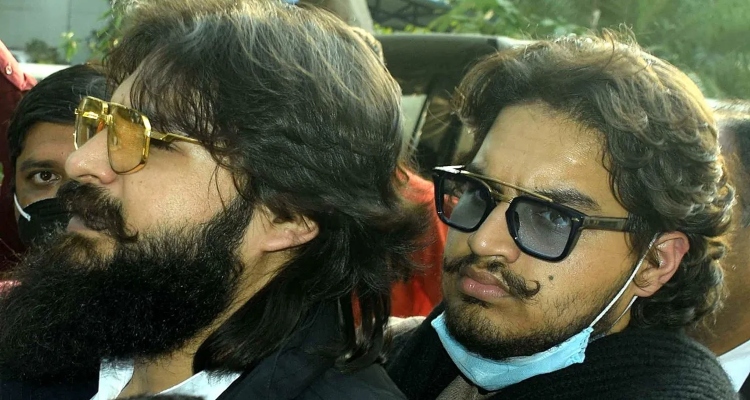
The Allahabad High Court has rejected the anticipatory bail application of Umar Ansari, son of gangster-turned-politician Mukhtar Ansari. This decision comes in connection with a criminal case filed against him during the 2022 assembly elections for the alleged violation of the model code of conduct.
The high court, taking into consideration the facts and circumstances of the case, asserted that the offense is clearly established.
A bench of Justice Samit Gopal stated, “Further, his act of forum hunting, his criminal history, which indicates that the applicant is involved in various criminal activities, and his non-cooperation with the trial proceedings lead this court to conclude that the present anticipatory bail application should be dismissed.”
An FIR was filed on March 4, 2022, at Kotwali police station in Mau district against Abbas Ansari (SBSP candidate from Mau Sadar seat), Umar Ansari, and 150 unknown individuals. The FIR alleged that on March 3, 2022, at Pahadpura ground, Abbas Ansari, Umar Ansari, and organizer Mansoor Ahmad Ansari, during a public meeting, called for settling a score with the Mau administration, constituting a violation of the election code of conduct.
During the hearing, senior advocate GS Chaturvedi, representing Umar Ansari, argued that the applicant is not the primary accused and pointed out that co-accused Abbas Ansari, who is the main accused, has already been granted bail by the trial court. The defense counsel contended that, according to the prosecution’s case, the applicant did not make any speech prejudicial to law and order, suggesting that the case was filed out of vengeance.
However, Additional Advocate General PC Srivastava, assisted by Additional Government Advocate Vikas Sahai, opposed the plea, stating that after a thorough investigation, a charge sheet was filed against the applicant and co-accused, and the trial court had taken cognizance and summoned them. The additional advocate general argued that the allegations against the applicant indicate the commission of an offense, a stance upheld by the Supreme Court in a challenge presented by the applicant.




